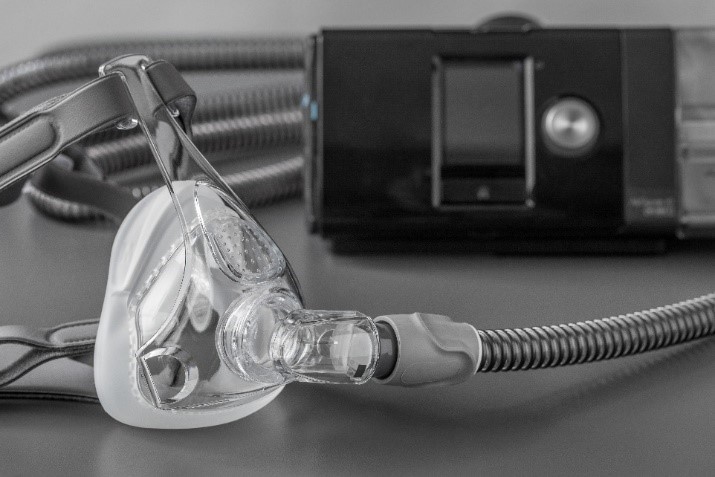Table of Contents
Alternative Treatment Options for Sleep Apnea
 If you know a patient who do not want to wear a CPAP mask, you can try suggesting alternative sleep apnea treatment options. We have written about how sleep apnea is a severe sleep illness that requires professional medical attention for diagnosis and treatment.
If you know a patient who do not want to wear a CPAP mask, you can try suggesting alternative sleep apnea treatment options. We have written about how sleep apnea is a severe sleep illness that requires professional medical attention for diagnosis and treatment.
CPAP therapy is one of the most common alternative treatment for sleep apnea technologists and sleep physicians recommend. What if a patient chooses to avoid CPAP therapy altogether?
The good news is that there are numerous alternative options available on how to treat sleep apnea for those who want to avoid wearing a mask as much as possible. Here, we have listed alternative cures for sleep apnea.
Oral or Dental Appliance
Oral sleep apnea treatment devices alternative solutions for sleep apnea prevent the airway from collapsing. It does that by holding the tongue in position or by sliding the patient’s jaw forward so patients can breathe with ease while they sleep.
A sleep technologist can titrate an oral appliance installed by a dental professional trained in sleep medicine operation and installation.
Surgery for Sleep Apnea
The most common alternative therapies for sleep apnea that decrease or eliminate the extra tissue in your throat that collapses and blocks your airway during sleep.
It is worth noting that while some surgeries may be slightly invasive while others can be more complex. Generally, undergoing surgery to treat sleep apnea means surgery in one of the following areas:
- Soft palate and uvula
- Tonsils and adenoids
- Tongue
- Upper and lower jaw
Weight Management
In some cases, weight loss can help enhance or eliminate your patient’s sleep apnea symptoms if they are overweight or obese. Typically, overweight people often have thick necks with extra tissues in the throat that can block the airway. Such people require to use alternative therapies for sleep apnea treatment. Even so, there is no guarantee that losing weight can reduce their sleep apnea, though it may help.
Positional Therapy
 Positional therapy is a recent technique of how to treat sleep apnea naturally. A behavioral strategy to treat positional sleep apnea requires the patient with sleep apnea primarily sleeping on their back. This is called the “supine” position that has proven to make their breathing return to normal when they sleep on their side.
Positional therapy is a recent technique of how to treat sleep apnea naturally. A behavioral strategy to treat positional sleep apnea requires the patient with sleep apnea primarily sleeping on their back. This is called the “supine” position that has proven to make their breathing return to normal when they sleep on their side.
Positional therapy may require wearing a special device around your waist or back. It keeps you sleeping in the side position.
Consider Changing Some of Your Everyday Habits
Nowadays, many people are wondering how can I treat sleep apnea at home without cpap, especially with the change in behavior.
There are a wide variety of lifestyle changes that your patients can make to help decrease their snoring and enhance their sleep apnea symptoms. Behavioral changes like quitting smoking or not drinking alcohol can improve sleep apnea symptoms.
Alcohol relaxes your throat muscles that can cause you to snore or your airway to collapse. If your patients have allergies, taking a decongestant prior to going to bed may help improve airflow through their nose.








 Shop
Shop



